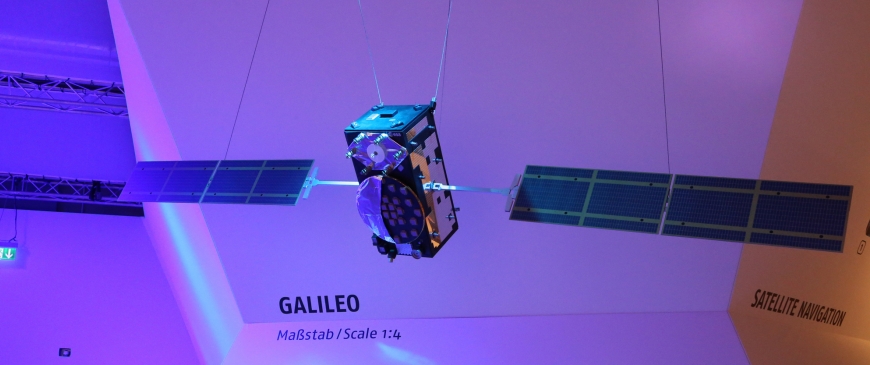
Could Britain collaborate with Australia on a Galileo alternative?
Sophia Besch, research fellow at the Centre for European Reform here, says that, by aiming to solidify the UK’s place at the forefront of European space developments, the UK Defence Space Strategy will “help to make the case to the EU that letting Brexit get in the way of cooperation would be a loss for both sides.”
That said, she warns that the UK’s space industrial and scientific ambitions, as outlined in the strategy, are also “under threat because of the row with the EU” – particularly since “UK exports depend on the single market and UK researchers depend on EU funding.”
In developing an alternative to Galileo, Besch believes it “makes sense for the UK to look to its traditional Five Eyes defense partners like Australia.” However, if it did decide to develop an independent system, she points out several potential disadvantages for the UK space sector, including “loss of access to the single market, loss of funding opportunities, loss of influence over European space industrial and research projects, increased competition with EU firms and potentially lengthy negotiations over the complementarity of the UK program, GPS and Galileo.”
The advantage would be a boost for UK firms if the government decides to spend the money and invest in a UK system,” she says.
